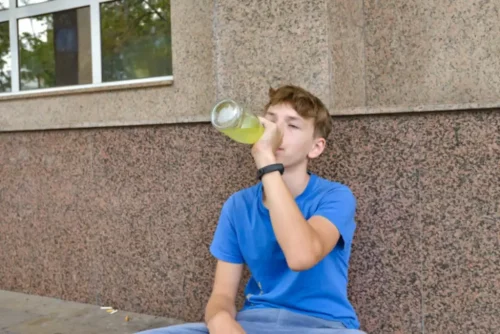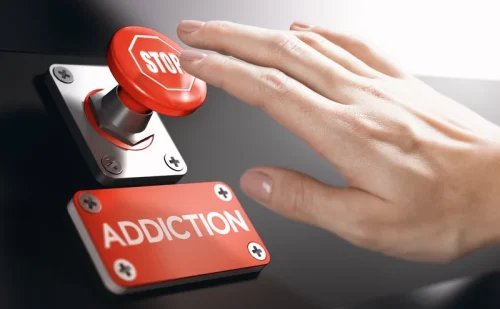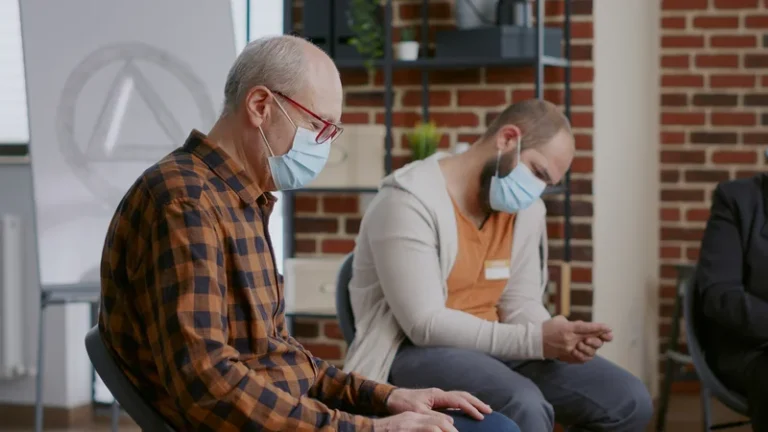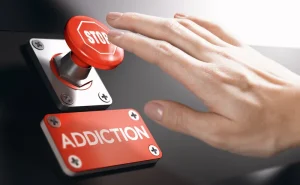
“Some of the new diabetes medications have a diuretic effect, and that could cause dehydration” in people with diabetes, Vaishnava says. Research shows that regular use of acetaminophen can raise blood pressure, as can nonsteroidal anti-inflammatory drugs (NSAIDs), including ibuprofen and naproxen. If you already have high blood pressure, NSAIDs can prevent several common meds such as ACE inhibitors and diuretics from doing their job. A slower metabolism also plays a role, as do medications — prescription, over-the-counter, even herbal remedies — that are common among older people. “As you grow older, health problems or prescribed medicines may require that you drink less alcohol or avoid it completely,” the Institute says. For those looking to limit or cut their alcohol intake, Swick recommends asking oneself why having a drink is important to you.
Alcohol Poisoning Treatment

Symptoms of food poisoning can vary depending on the pathogen involved but commonly include nausea, vomiting, diarrhea, abdominal cramps, and fever. These symptoms can appear within hours or even days after consuming contaminated food, making it sometimes difficult to pinpoint the source of the illness. In some cases, symptoms can be mild and go away on their own, while in others, they can become severe and require medical attention. So the first step in your night of enjoyment is to choose to drink from a straight glass if possible, or to be aware of the amount of ounces or pints you’re consuming.

How much do you have to drink to get alcohol poisoning?
- If you’re feeling under the weather, the non-alcoholic ingredients in this warm drink can indeed help make you feel better when you catch a cold.
- Substance misuse can begin even after the very first time someone uses a drug.
- Rapid drinking behavior such as chugging, doing shots or using a beer bong is extremely dangerous.
- So the first step in your night of enjoyment is to choose to drink from a straight glass if possible, or to be aware of the amount of ounces or pints you’re consuming.
Recovery from alcohol poisoning varies based on the severity of the condition. If someone exhibits any of these symptoms, it’s vital to get medical help immediately. This guide explains what alcohol poisoning is, how it happens, and what steps to take if you or someone you know might be affected. If you ever find yourself in need of assistance, don’t hesitate to reach out to Public Safety for help. The Spartan Safe app has a Friend Walk feature that allows you to share your location with a friend in real time.
Binge Drinking and Alcohol Toxicity
Alcohol poisoning depends on various factors, including body weight, alcohol tolerance, and speed of consumption. Alcohol poisoning is a serious and potentially life-threatening condition resulting from consuming a toxic amount of alcohol, typically within a short period. You’ve probably seen people who were “three sheets to the wind,” or even unconscious from too many drinks.
Dangerously Drunk: When to Call 911
If symptoms persist for more than a couple of days or are accompanied by high fever, dehydration, or blood in the stool, it’s important to seek medical help promptly to avoid complications. When alcohol levels in the bloodstream rise too high, the brain’s functions are severely disrupted, affecting areas that control basic survival functions, such as breathing and heart rate. There are plenty of reasons to learn how to drink right, and the most important ones — aside from avoiding embarrassing behavior — are health-related. Young adults who binge-drink are setting themselves up for a higher risk of chronic disorders later on, like alcoholism/substance abuse and high blood pressure.
- Blood alcohol content or concentration (BAC) measures the percentage of alcohol in your bloodstream.
- Sadly, many people don’t know and cannot recognize alcohol poisoning symptoms or signs of extreme intoxication.
- Even though their alcohol tolerance level is high, their blood alcohol levels may be dangerously high.
- It’s important to learn the signs of drinking too much and how to prevent alcohol poisoning.
- If you struggle to moderate your consumption, or know someone with a pattern of binge drinking, there’s no shame in looking for some help.
Getting Treatment for Alcohol Poisoning

If you can’t wake the person or they exhibit slowed or erratic breathing, call emergency services immediately. If you or someone else swallows something dangerous, call poison control or a healthcare provider immediately. Never make yourself throw up unless a medical professional a warning sign or symptom of alcohol poisoning is advises you—most of the time, it’s not safe and can make the situation worse.
- Poor judgment, a decrease in coordination, personality changes and vomiting are signs of a high BAC that is significantly impairing brain function.
- If you already have high blood pressure, NSAIDs can prevent several common meds such as ACE inhibitors and diuretics from doing their job.
- When alcohol poisoning is extremely severe, it can cause a person to go into a coma, or it can be fatal.
- Consume leftovers within three to four days for optimal safety, and if you’re unsure about the food’s freshness, it’s best to discard it.
- The mainstay of treatment remains supportive measures, such as ensuring the person’s airway is open, and that they remain hydrated and stable.

If someone is at risk of causing harm to themselves or others, call 911 or the National Suicide and Crisis Lifeline at 988. Excessive drinking can interfere with male hormone production and testicular function, resulting in erectile dysfunction and infertility. The more a man drinks, the higher their risk of engaging in unprotected sex. Even when drinking alcohol stops, the Halfway house BAC can continue rising for 30 to 40 minutes. If you or a loved one is struggling with alcohol abuse, GateHouse Treatment provides compassionate, individualized care designed to meet the unique needs of each person. Our holistic approach ensures that clients receive the medical, psychological, and emotional support necessary to achieve lasting recovery.
If you or someone else experiences any of these symptoms, do not wait—call a healthcare provider or emergency services right away. Prompt medical care can prevent complications and ensure the best possible outcome. There are only a few rare situations where it may be safe to make yourself throw up, such as in cases of mild poisoning from a non-corrosive substance. Even then, you should never induce vomiting without guidance from a healthcare provider or poison control center. And while simply drinking water flavoured with mint and lime would be ideal for your health, these cocktails can serve as a nice alternative to sugary beachy drinks like Piña Coladas.

